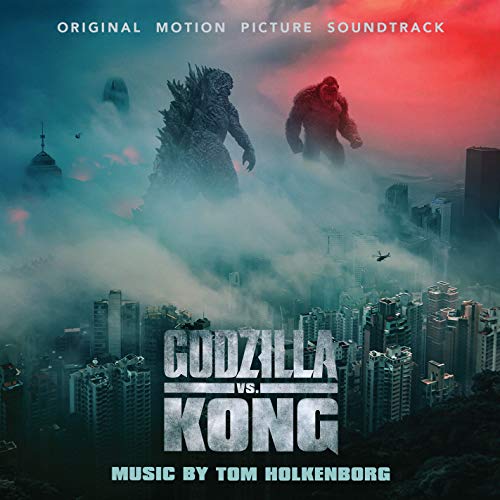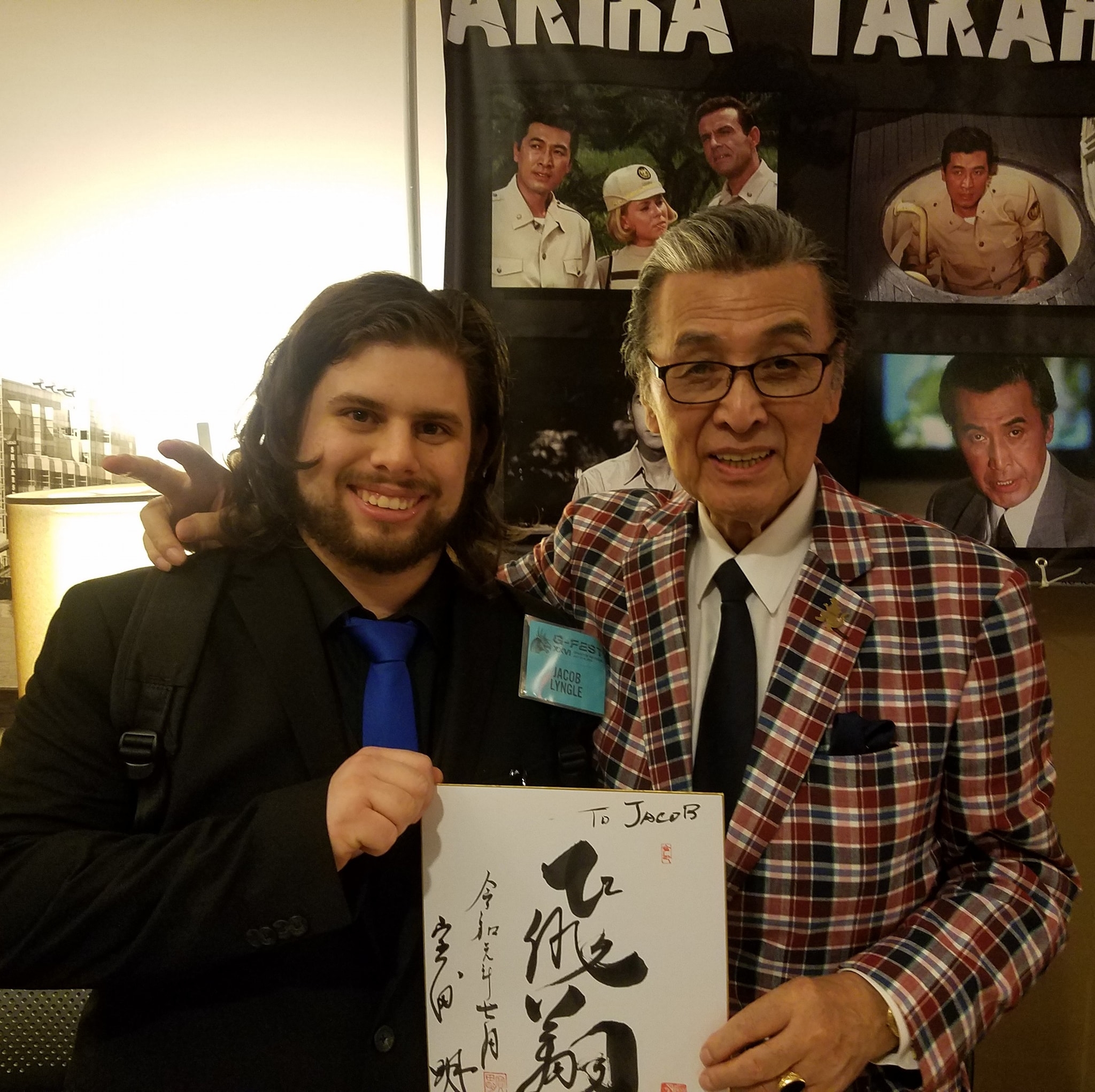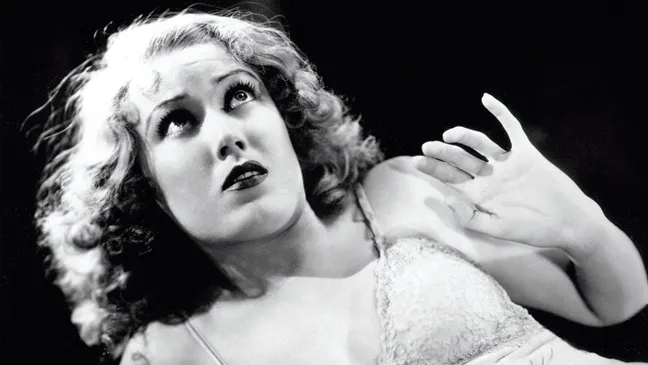The year is 2018.
You are a Godzilla superfan, and you’re beyond excited for the upcoming Godzilla: King of the Monsters, already like director Michael Dougherty’s previous works, and have no doubt that he’ll do a fantastic job with your favorite film franchise. July 21st comes around, with San Diego Comic-Con debuting a teaser trailer, one that to this day, you still consider one of the best trailers of all time. But as well as that, the announcement that Bear McCreary will be composing the film’s score is announced, and that it will be incorporating classic themes from Akira Ifukube and Yuji Koseki.
Now you’re even more excited.
You’re not overly familiar with McCreary’s work, but you played God of War. And really, that’s all you needed to hear.
Fast forward to a year later. It is 2019, the film has since come out, you’ve seen it a number of times in theaters. Despite that, you’ve come to the conclusion that you didn’t like it all that much, but admit that, yes, McCreary’s score is everything you hoped for. From his usage of both of Ifukube’s Godzilla motifs, as well as Koseki’s theme for Mothra, and the new themes written for King Ghidorah, Rodan, and other franchise touchstones, it might be your favorite film score in recent memory (at least until 2021 rolls around and Dune releases).
It’s 2020 now. Tom Holkenborg, the genius behind the score for Mad Max: Fury Road and countless others is announced as the composer for the upcoming Godzilla vs. Kong. You’re a little let down that McCreary isn’t returning, but you like Holkenborg well enough, and are excited to see what he brings to the table.
And then the film comes out.
.
You and many other fans write the score off as bland and forgettable.
So, what gives? How did the franchise go from one of the more memorable Godzilla scores, to one of the most forgettable in the span of two years? Well, that’s the neat thing, and the beauty of revisiting something to give it a second chance. The franchise didn’t.
The reality is, people sometimes have this problem where they like to hold something new up to something old and compare it, judging the new thing, often unfairly, against the old. It happened most recently with the latest additions to the Star Wars series, from The Force Awakens to Andor.
Regarding Godzilla vs. Kong? Well, haven’t you been paying attention? Holkenborg’s score is fantastic in its own right. Yet, many fans chose to initially write it off after McCreary’s incredible work. Godzilla: King of the Monsters has a very classical, traditional score, full of big, bombastic themes and motifs for each character, all of which are very memorable thanks in no small part because of their bombast. Think; what comes to mind when you recall a memorable piece of film music? The iconic surf guitar drenched Bond theme by Monty Norman and later John Barry, the majestic Avengers theme by Alan Silvestri, the differing Batman themes and cues by Danny Elfman, Hans Zimmer, James Newton Howard, Michael Giacchino, and Shirley Walker, the huge list of iconic pieces by John Williams ranging from Jaws, and Close Encounters, to Star Wars and Raiders of the Lost Ark. It’s quite a list, a history of beloved film memories, filled with musical hooks that are instantly recognizable. Does Holkenborg’s score fit those criteria?
Upon further consideration…yes, it does. That big, booming, Akira Ifukube Godzilla score, that Holkenborg wrote for the MonsterVerse Godzilla, has been referred to as “the bargain bin Godzilla theme” by some, unfairly. That opinion might be more valid if the theme wasn’t referencing just one or two notes from Ifukube’s iconic piece. theme. Holkenberg’s theme is a confident central leitmotif for the entire film. It might not be clear at first while watching it; one might have to go back and listen to the score on its own to really get a feel, and an appreciation for it. But once heard? It can’t be unheard. Godzilla’s theme is the same as Kong’s theme, and vice versa, juxtaposing the two in a clever musical metaphor. To add, it’s the same as Mechagodzilla’s theme!
As anyone who’s seen the film knows, despite not having top billing in the title, it’s much more Kong’s film than it is Godzilla’s. Kong is the protagonist here, Godzilla the antagonist. The film wants us to root for Kong, and as such, his version of this core theme is the more heroic sounding, and on the original soundtrack, gets more time to be fleshed out and go through a tangible arc. Whereas Godzilla’s theme, as the villain, is straight and to the point, not unlike his character in the film; direct, aggressive, and confrontational. So, it makes narrative and thematic sense for Godzilla’s theme to SOUND antagonistic. When they meet for the first time, the music flows between both versions, alternately reflecting the two giant beast sharing screen space. More time is time spent favoring Godzilla’s cues, which makes narrative sense, as Godzilla has the upper hand throughout the whole battle and enjoys name-first status on the adverts and theater marquee.
That thematic relevance pays off even more later in the film, during the kaiju kings’ rematch in Hong Kong and especially their tag-team fight against Mechagodzilla. Mechagodzilla in this film, is a symbol of man’s hubris. Not only are we trying to replace the Titans, but we’re also trying to control them (one of the film’s downfalls is how unclear it is that King Ghidorah’s conscience takes over Mechagodzilla’s systems). Godzilla and Kong, naturally, would both be against this. So, what does Holkenborg do? He mashes up both themes again. But rather than pitting them against each other musically, they flow poetically together, indicating that the two are now working together to stop the bigger threat, all the while, Holkenborg slows the Godzilla theme down, making it sound even more evil, blasting the synths to represent Mechagodzilla. It’s an incredible usage of music to tell a story.
And at its core, that’s what the art of film scoring is. If you really want to get pedantic about it, that’s what music is on a fundamental level. Music is telling a story. Whether it’s a fully fleshed-out overarching story like in a concept album such as Blood on Ice by Bathory, or a singular song like Evil Priest by Death Angel, music is a storytelling medium. Even instrumentals, in the way they’re composed, are designed to make you experience a beginning, middle, and end.
Take Star Wars: Episode III – Revenge of the Sith, for example. The most famous piece from that film is “Battle of the Heroes,” during Darth Vader and Obi-Wan Kenobi’s climactic duel on Mustafar. The piece starts off heroic and triumphant, but as the battle really kicks in, and the viewer really grasps the emotional stakes of what is going on. That is when the choir kicks in, and the tension in the music ramps up to 11. The iconic Force theme enters, signifying that the Force itself has been utterly thrown off balance by the events of Order 66.
Of course, Tom Holkenborg is not John Williams. He takes a slightly more abstract route with it, not exactly presenting a score that fully “adapts” the story, but instead feels more personal to the characters on-screen (in this example being Godzilla and Kong). The music in the film, Ifukube rip-off or not, is still exceptionally composed.
After almost 70 years of film scores, there is still room for scores of all kinds in Godzilla media. Takayuki Hattori has scored four films in the G-series over the years. (Godzilla vs. SpaceGodzilla, Godzilla: Planet of the Monsters to name two.) Hattori also has a more subtle musical style to his scores, and yet, people do not complain about any of those scores. In fact, it’s agreed amongst the community that the score is one of the stronger aspects of SpaceGodzilla specifically. Regardless, music, especially film music, is something that has evolved over time and will continue to evolve. In the future, there could be a Godzilla film that’s score is full of synth, akin to Vangelis’ score for Blade Runner. Would it be good? That is up to what the composer does, but it’d certainly be interesting. If anything, there is nothing wrong with a little experimentation.
Where would we be if Masaru Sato had not brought in big band influences for Godzilla vs. Mechagodzilla?





